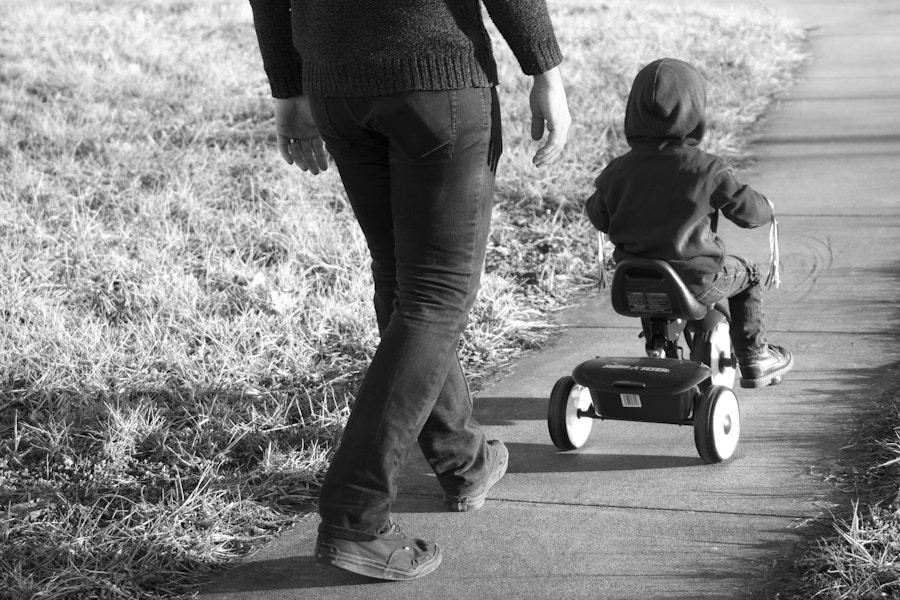Introductory Note:
I’m a little embarrassed to present this article, with it being about me and all. But it’s a good article, kind of sweet, and has a cool picture from 1977.
I’ve come to believe that few things are more powerful for the good of the soul and society at large than gratitude. I was recently praying about a situation that I wanted changed, and as I began my earnest petition I felt prompted to first list out all the things I was grateful for about the situation. I didn’t much like this idea and at first found it extremely difficult, but after some time I was able to discover a number of wonderful things that were directly a result of the situation. By the time I had finished my list, my perspective had shifted so much that I no longer necessarily wanted the situation to change as so much good was coming from it. Gratitude brought me to the ability to collapse into God’s providence, and so with a playful smile I relinquished — “Oh you just do what you want with this situation and I’ll say thank you.”
Nathan Foster

My three-year-old son jumped into my arms and smothered me with kisses saying, “Thank you, Daddy; thank you, Daddy” over and over. I had done nothing more than repair his tricycle and yet I was being inundated with gratitude. Filled with a special warmth, I sat in the grass and watched Nathan ride his tricycle up and down the sidewalk.
I pondered the words of King Lear: How sharper than a serpent’s tooth it is / To have a thankless child.
I thought about the spirit of ingratitude that has reached epidemic proportions in our day. We are incredibly blessed, and yet we find it so hard to be genuinely thankful. “Why is this?” I wondered.
Immediately I realized that we live in a culture in which when the priorities of life are set, gratitude seems to be squeezed out. “We have lost the ability to receive life as a gift,” I thought to myself.
I remembered the farmer who was entertaining an urban relative. Before the meal, the farmer paused to thank God for the food that had been so graciously provided. The visitor jeered, “That is very old-fashioned; nobody who has any education prays at the table anymore.” The farmer admitted that the practice was not very common, for even in his household there were some who did not do it. Pleased, the relative remarked, “So enlightenment is reaching the farm too. Who are these sensible ones?” The farmer answered, “They are my pigs.”
“Perhaps we are developing an entire culture of pigs,” I mused.
Nathan rode by, waving and ringing his little bell. I waved in return. I pondered how children seem to live so free of the need to control or manipulate others. “This must be what releases them to spontaneously give thanks,” I thought. “We have a whole cultural mind set that is in opposition to the spirit of gratitude. Our longing for position, power, and prestige all mitigate against thanksgiving. If we are genuinely grateful to someone, we place ourselves in their debt and to be indebted to them undercuts the ability to control them.” Once again the words of Shakespeare burst upon my mind: Blow, blow, thou winter wind / Thou art not so unkind / As man’s ingratitude.
“It doesn’t need to be that way!” I said, almost out loud, “Simple words of gratitude can be so healing. Little deeds of appreciation mean so much.” I began to consider dozens of good things that had come my way that day — the encouraging words of friends, the colors all around me, the warm smile of my wife. I sat in the grass filled with a new sense of thanksgiving.
My train of thought was broken by Nathan’s cries. He came running up to me complete with skinned knee and a flood of tears. I kissed the knee, then held him tight. “I’m very thankful for you,” I whispered.
Originally published in Evangelical Friend, November 1977.
Text First Published October 1977 · Last Featured on Renovare.org April 2021


